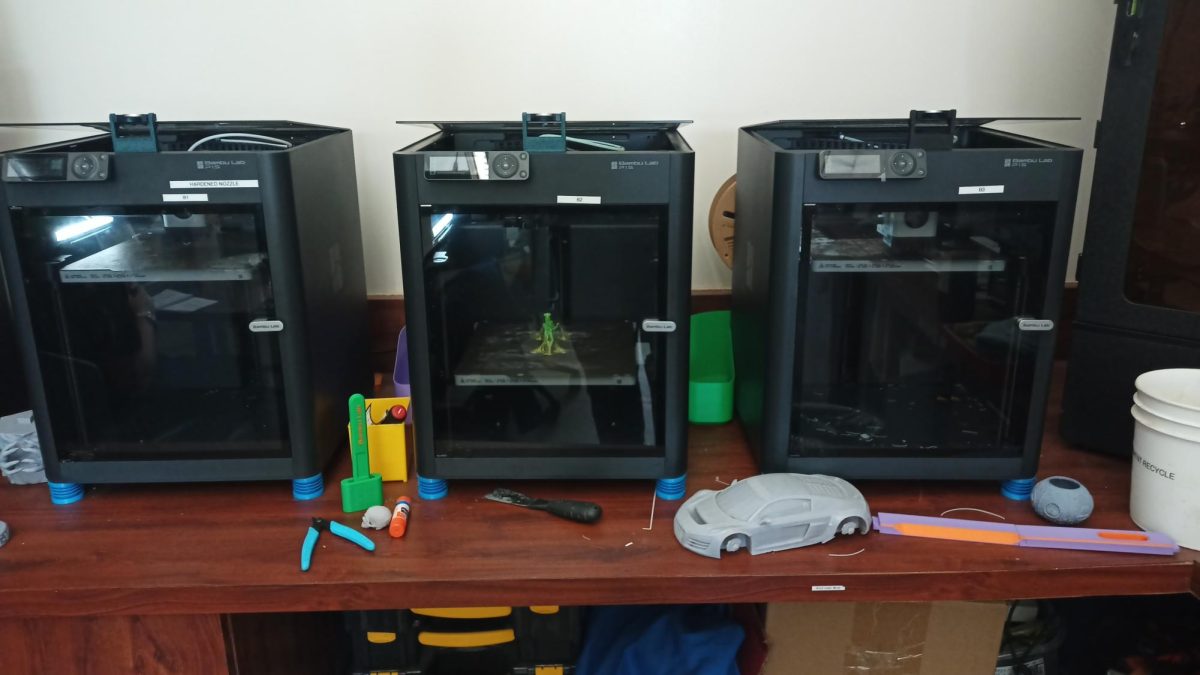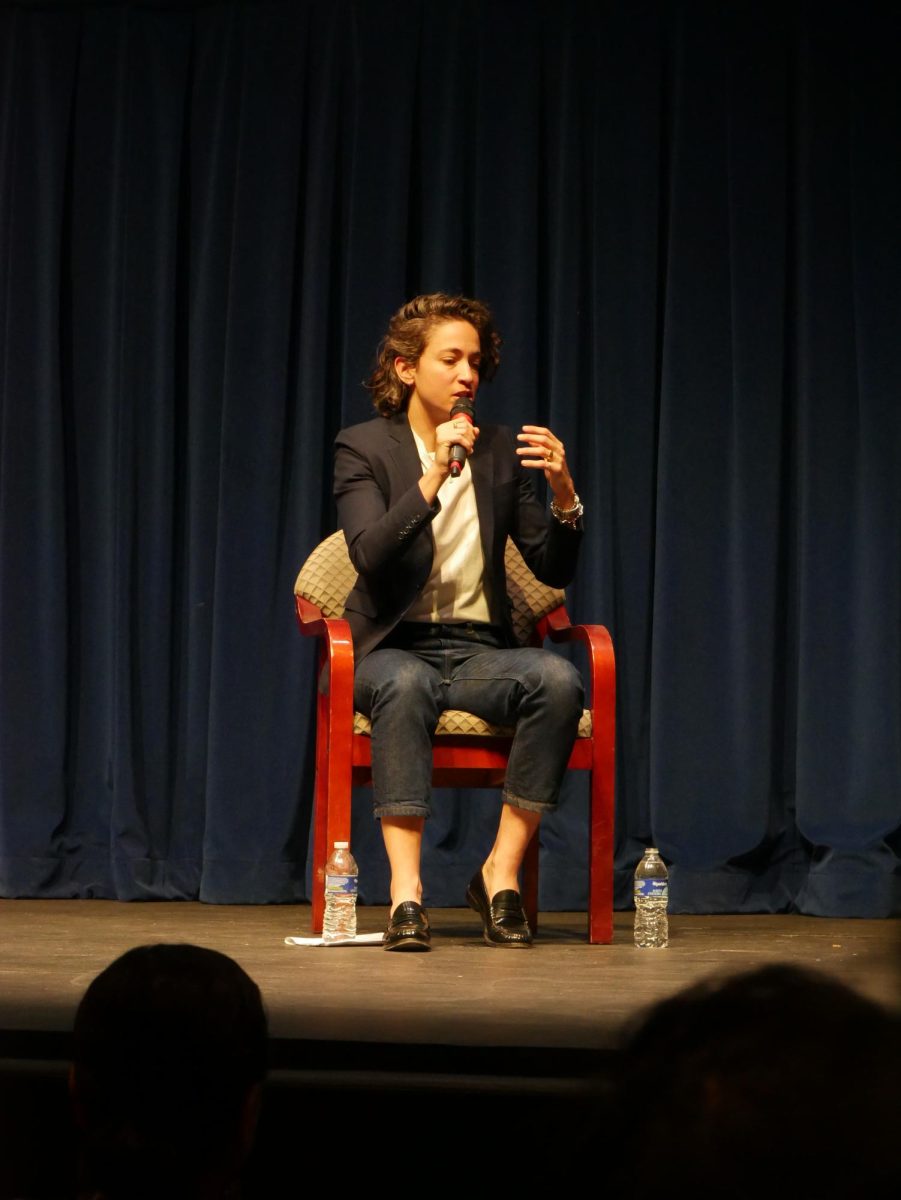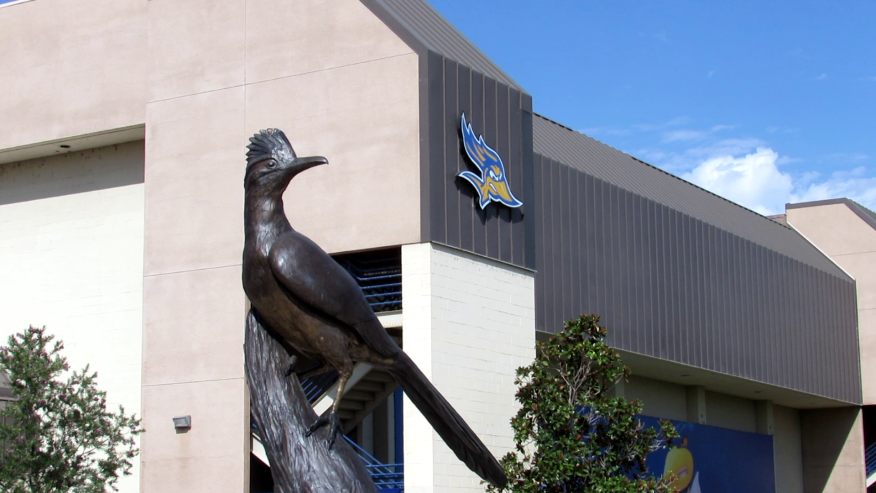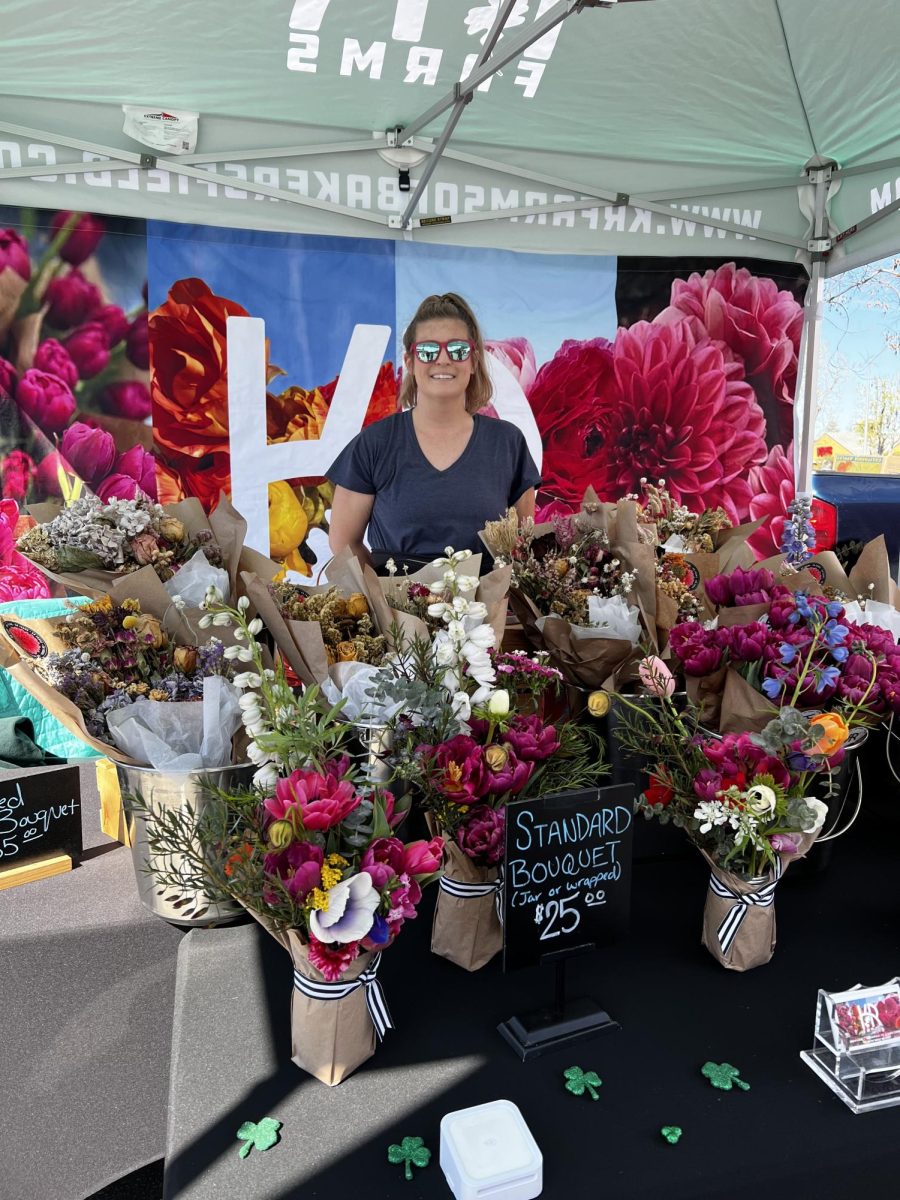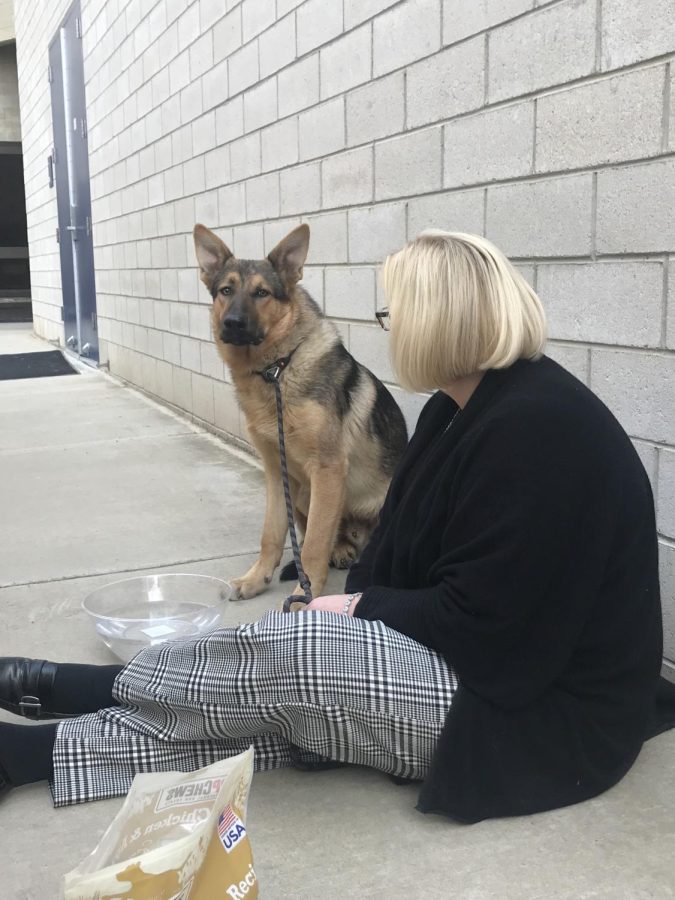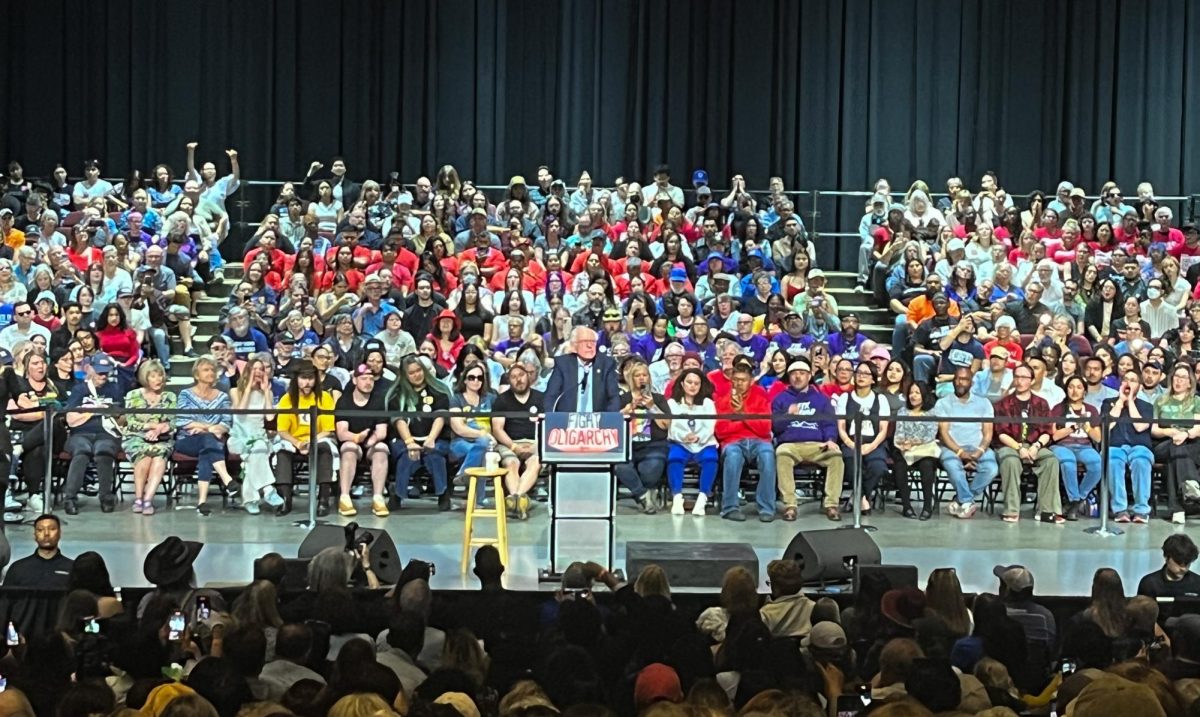News Editor
With Nov. 4’s general election exactly four weeks away, Congressman David Valadao, R-Hanford, and Democratic counterpart Amanda Renteria engaged in a political debate in California State University, Bakersfield’s Multipurpose Room on Oct. 7.
The event, which was hosted by KBAK Channel 29, featured the candidates speaking on a number of issues, including the water crisis, high speed rail, health care, funding for higher education, immigration reform and minimum wage laws.
On a number of occasions, Renteria went on the offensive against Valadao. Noting in the debate that Valadao voted in favor of last October’s government shutdown, Renteria further attacked Valadao’s voting record on educational policies.

“In terms of Congressman Valadao’s votes, he can certainly say he is for [lowering student-loan debt], but when you actually look at his votes, he actually reduced the number of kids who can be on PELL grants,” Renteria said. “He froze the level of PELL grant funding.”
Renteria was referencing Valadao’s vote in favor of Senator Paul Ryan’s, R-Wis, congressional budget, which included a $125 billion cut to Pell grants.
Valadao earlier said that his voting record indicated that he was in favor of lowering student-loan interest.
“There was a bill that was actually passed out of the House with my support and the support of Democrats and Republicans […] that helps address interest rate numbers,” Valadao said.
Valadao was referencing his vote in favor of bill HR 1911 in May of 2013, legislation that limits interest rates on federal student loans beginning on or after July 1, 2013.
The two again clashed on the issue of immigration reform. While Valadao referenced his support of HR 15, legislation that would expand registered provisional immigrant status for unlawful aliens, he blamed the Obama administration and the senate for its inaction on immigration reform.
Renteria criticized Valadao’s vote in opposition to the California Dream Act while he served in the state assembly.
To close the debate, each candidate was allowed to ask their opponent one question of their choice.
Hoping to link Renteria to Nancy Pelosi and the latter’s support of the Endangered Species Act, an act that significantly limits California’s ability to draw water from sources where threatened species would be impacted, Valadao asked if Renteria opposed their refusal to reform the law.
Her answer: “Yes.Yes. I will absolutely […] take a look at this.”
Renteria, who advertises her deep and long-standing ties to the 21st congressional district in her campaign, in turn asked Valadao why Renteria’s decisions to attend Stanford University, Harvard Business College and accept a job in Washington D.C. to work on the 2012 Farm Bill delegitimized her California roots.
Valadao’s response: “Yeah, this district – you literally moved into a community.
“I want to make sure that anybody that ever considers representing this area isn’t asked to come back by Minority leader Pelosi and […] make sure that they actually understand and have been there.”
Regarding minimum wage
On her support for a minimum wage increase, Renteria said: “No working family should live in poverty. You should be able to have a good life and take care of your family, send your kids to college and buy a home.”
Valadao contended that minimum wage legislation should be decided on a statewide level.

“Every state […] has a better understanding of their economies and how things work and their opportunities,” Valadao said.
When pressed by panelist Ralph Bailey as to whether he explicitly supported or opposed a minimum wage increase, Valadao maintained that each state individually has the right to determine where wages are set.
On the California drought
Citing legislation that he introduced to the House of Representatives regarding California’s water crisis, a bill that Valadao says is receiving bipartisan support from Democratic senators Diane Feinstein and Barbara Boxer, Valadao said he has spent the majority of his time in office fighting for water for the Central Valley.
He later added that he’s investigated desalinization¸ newer irrigation technology that is more water-efficient and has considered possibilities for bringing water to the area from other parts of the country should California experience another dry winter.
Speaking about her experience working on the 2012 Farm Bill, a bill which was passed in the Senate with bipartisan support, Renteria said she had the leadership necessary to ensure bipartisan support for legislation that would bring water to the Central Valley.



